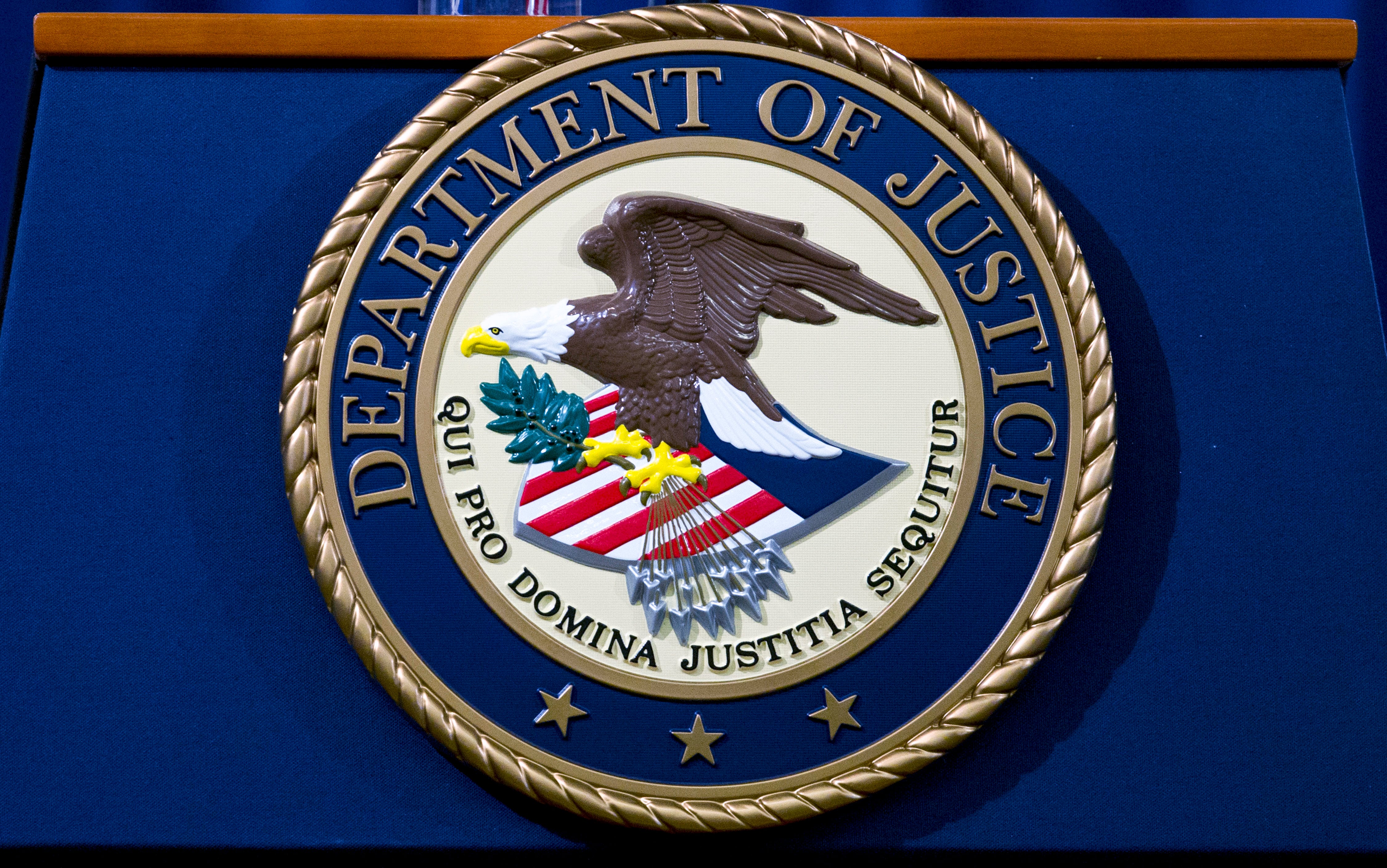By Claudia Lauer and Alanna Durkin Richer
The U.S. Justice Department has created a database to track records of misconduct by federal law enforcement officers that is aimed at preventing agencies from unknowingly hiring problem officers, officials said on Monday.
The federal move is a step toward accountability amid growing calls to close loopholes that allow law enforcement officers to be rehired by other agencies after losing their jobs or resigning after misconduct allegations.
But the database, which will only contain records for federal officers and not be open to the public, falls short of the national misconduct database called for by some police reform advocates.
The National Law Enforcement Accountability Database currently includes only former and current Justice Department officers who have records of serious misconduct over the last seven years. It will be expanded to capture other federal law enforcement agencies such as the Secret Service and United States Park Police, a Justice Department official said.
Attorney General Merrick Garland said it will give federal agencies “an important new tool for vetting and hiring officers and agents that will help strengthen our efforts” to build and retain the public's trust.
“No law enforcement agency — including the Justice Department — can effectively do its work without the trust of the public,” Garland said in an emailed statement.
Federal agencies will be responsible for reporting and updating records for six types of misconduct including criminal convictions, civil judgments, terminations, suspensions, resigning or retiring while under investigation and sustained complaints or disciplinary actions for serious misconduct, officials said.
It is currently only accessible by Justice Department employees and will eventually be expanded to allow access by users in other federal law enforcement agencies, as well as state and local law enforcement agencies, a Justice Department official said.
Several state legislatures have created statewide databases in recent years to track disciplinary misconduct and officer decertification, which happens when a state licensing body revokes the certification or license required to be a law enforcement officer in that state. But few of those state databases are open to the public, and few are shared between states.
Richer reported from Boston, Lauer from Philadelphia.









